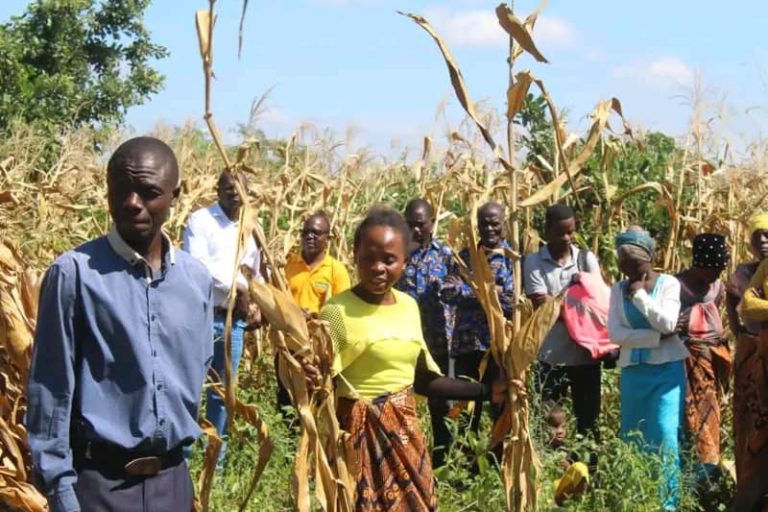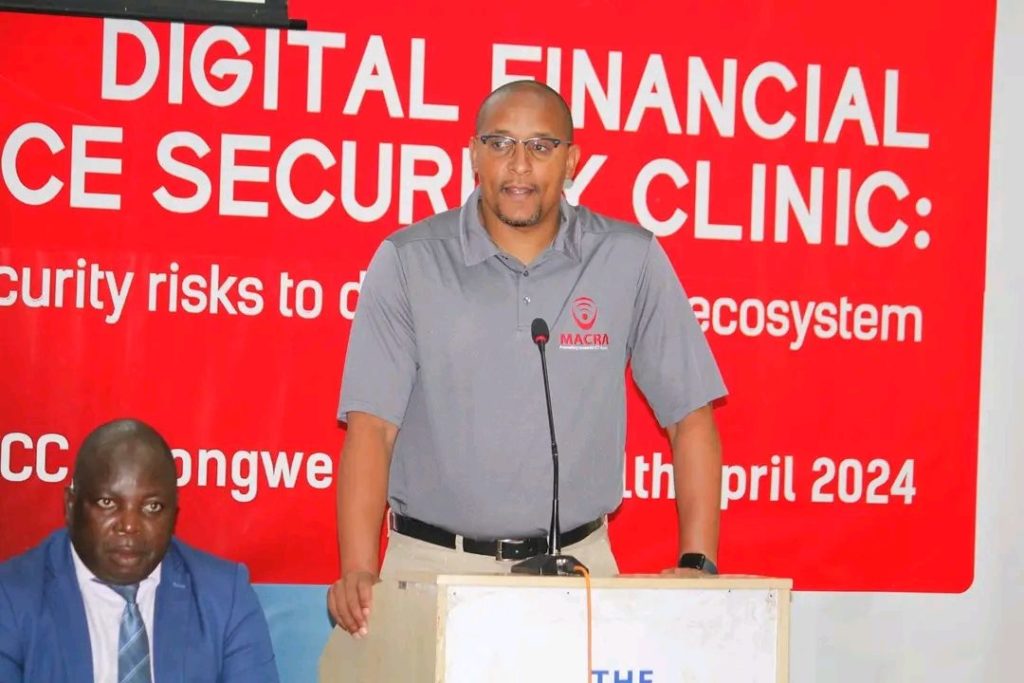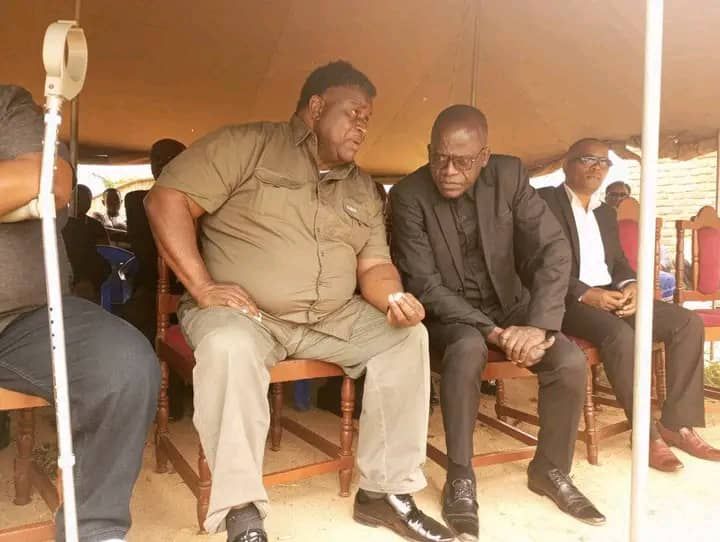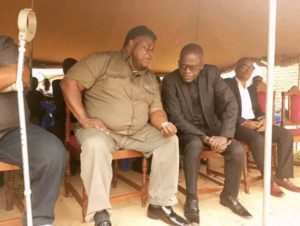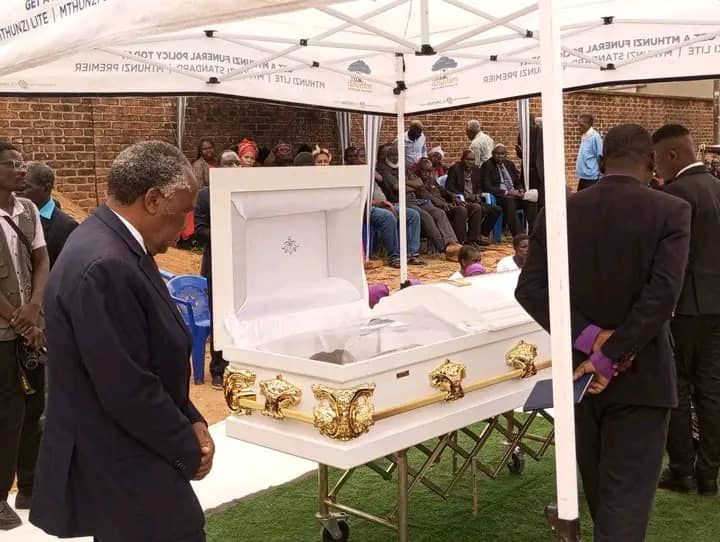By Burnett Munthali
People in the area of Traditional Authority Chisamba in Salima district have saluted Conserve project implemented by Assemblies of God Care (AG Care) for improved agricultural productivity as the country struggles amid climate change impacts.
Speaking during a quarterly meeting, Maltida Ntovu, a farmer under Self Help Group, said through the project she expected to harvest 80 bags of maize using Mbeya fertilizer advocated by AG Care.
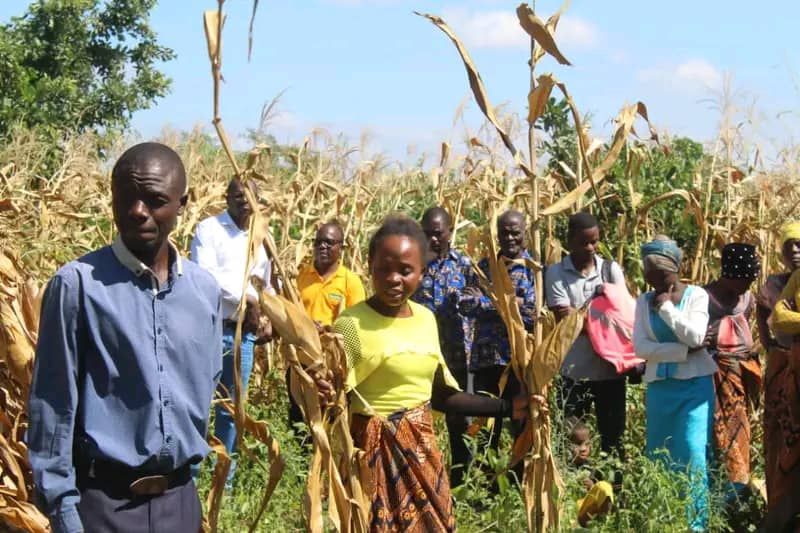
Ntovu added that they no longer depend on chemical fertilizers because organic Mbeya fertilizer is affordable and environmental friendly.
AG Care Executive Director, Brown Banda described the project as a success following increased yields.
The project is implemented with support from Jersy Over Seas Aid (JOA) through Tear Funds Malawi.


